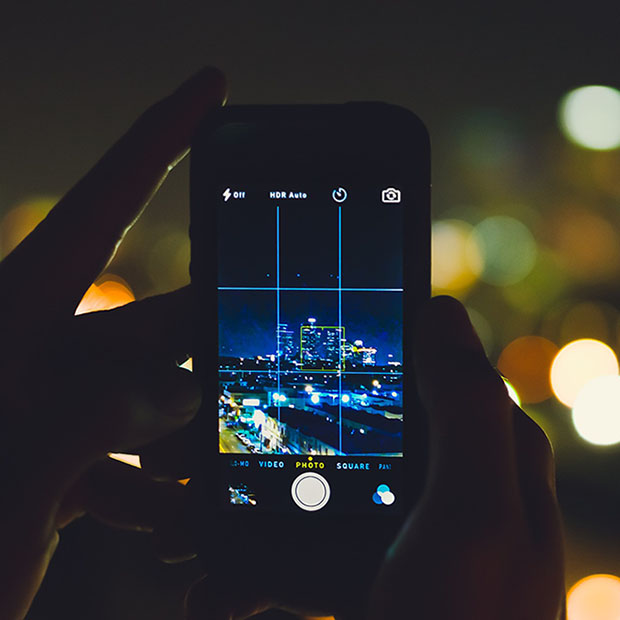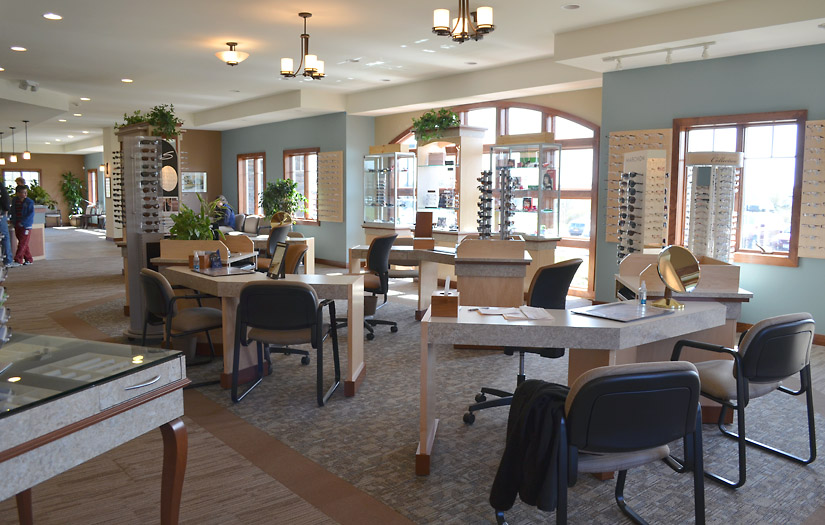The Relationship Between Eyes and Sleep

Studies have shown that sleep deprivation hits the body and mind a lot like alcohol.
That isn’t great, but where do our eyes fit into the equation? When we get enough sleep, it’s great for both our overall health and our eye health, and we can also improve our quality of sleep by changing what we put in front of our eyes before we go to bed.
What Lack of Sleep Does to Eye Health
You’re probably familiar with the short-term symptoms of sleep deprivation, such as grumpiness, drowsiness, and difficulty concentrating. Over time, lack of sleep can make our immune systems weaker, make it more difficult to lose weight, increase our blood pressure, and contribute to mood changes and memory loss. It also affects our eyes.
Our eyes need at least five hours of sleep to replenish themselves so that they can function effectively throughout the day. This goes beyond being able to keep our eyes open. Over time, the less sleep we get, the more likely we are to experience eye strain, dry eye, and even eye twitches. The good news is that our eyes play a role in getting more and better sleep that will help them!
Our Internal Clocks and Blue Light From Screens
No matter how tech-savvy we are, we can’t change the biology of our eyes. Across all of human history, it’s only been in recent decades that blue light came from anywhere besides the sun. Blue light signals our brains that it’s daytime and we should be awake. When we look at our screens late into the evening, we effectively trick our brains into thinking it’s not bedtime yet.
Turn Off the Blue Lights Before Bed
If you’ve noticed that you don’t feel tired until very late at night or that you struggle to fall asleep once you’re in bed, late-night screen usage probably isn’t helping. We recommend either putting the screens away at least an hour before bed or checking out different screen settings that can reduce the blue light after sundown. You might be surprised what a difference this will make for your quality of sleep as well as your eye health!
Give Your Eyes the Night Off From Your Contact Lenses
Many types of modern contact lenses are much more oxygen-permeable than they used to be (meaning they allow your eyes to breathe better), but it’s still better for your eyes to take them out overnight than leave them in.
Giving your eyes a break from contact lenses while you sleep will reduce your risk of eye infection and help them recover from all the hard work they did during the day. If you do prefer to leave the contacts in, make sure you’re following the instructions on the packaging and still taking them out as often as you should.
Prioritize Eye Exams
If you have any questions about how eye health and sleep are related, we’re happy to answer them for you the next time you come in for an eye exam! In the meantime, make sure to get plenty of sleep, practice good care and safety habits with your contact lenses, and dim the blue lights before bedtime.

